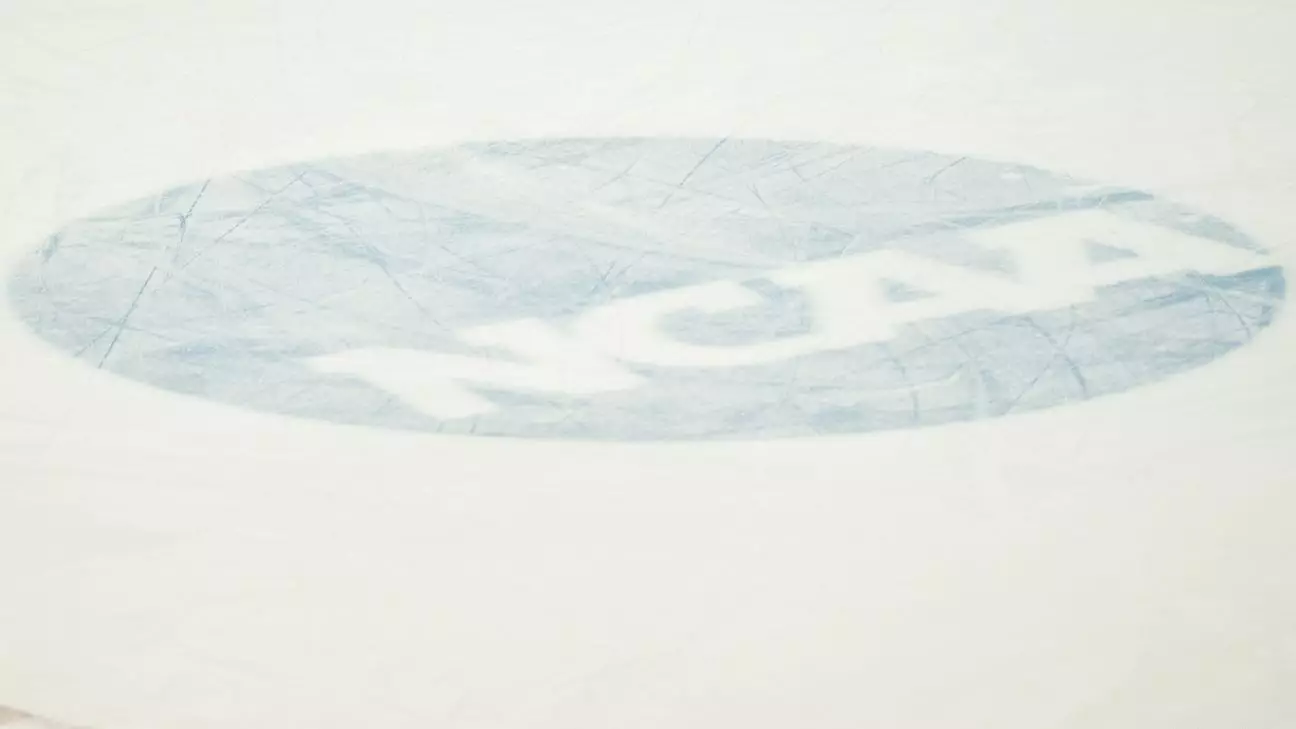Recently, Canadian junior hockey player Rylan Masterson took a significant step by filing a proposed class-action lawsuit against the NCAA and ten universities. The lawsuit alleges that the NCAA’s rules violate antitrust laws by barring any player who has participated in major-junior hockey from also playing in the NCAA. The lawsuit, filed in the U.S. District Court, argues that the NCAA and U.S. universities are engaging in anticompetitive behavior by enforcing this rule.
One of the central points of contention in Masterson’s lawsuit is the NCAA’s bylaws that explicitly prohibit players who have competed in the Canadian Hockey League (CHL) from participating in NCAA sports. The argument is based on NCAA Bylaw 12.2.3.2, which states that individuals who have played for professional teams are ineligible for collegiate competition. This rule effectively bars talented players like Masterson from pursuing opportunities in the NCAA due to their CHL experience.
Masterson’s case highlights perceived inconsistencies in the NCAA’s eligibility criteria. The lawsuit points out instances where athletes who have received financial compensation in other sports, such as swimmer Katie Ledecky, are still considered eligible to participate in NCAA competitions. Additionally, the lawsuit references cases like that of Boston College’s Tom Willander, who played professionally in Sweden but was allowed to compete in the NCAA.
The lawsuit characterizes the NCAA’s restrictions as a form of “boycott” that stifles competition between the CHL and NCAA for top talent. This alleged boycott is said to artificially depress player compensation and create less competitive leagues. Moreover, the lawsuit argues that the NCAA’s rules place undue pressure on young players to make pivotal decisions about their future at a very early age, thus running afoul of antitrust laws.
Masterson’s legal challenge comes at a time when the NCAA is reevaluating its approach to eligibility regulations. A recent review in 2023 identified potential legal vulnerabilities in the treatment of Canadian junior players. The NCAA reportedly left the decision to continue the boycott against these players in the hands of coaches. Despite the possibility of policy changes, coaches have thus far opted to maintain the existing restrictions.
If Masterson’s lawsuit proves successful, it could have far-reaching implications for the landscape of junior hockey and collegiate athletics. By challenging the NCAA’s longstanding restrictions, the lawsuit has the potential to reshape how players transition between major-junior and college hockey programs. A favorable outcome could pave the way for greater flexibility and opportunities for young athletes pursuing careers in hockey.


Leave a Reply